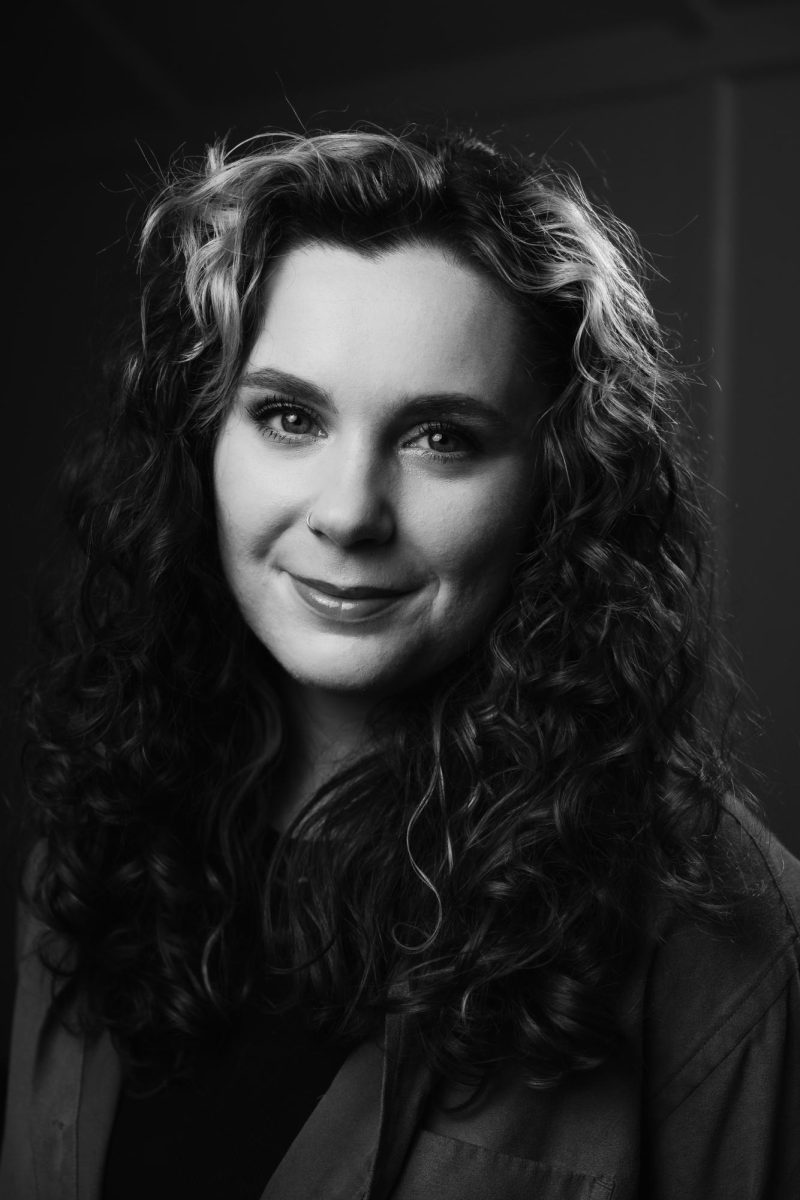Specialist Haden targets prevention results
March 11, 1999
Editor’s Note: “10 Questions” is part of a weekly series in which a prominent person in the Iowa State and Ames communities is interviewed. To suggest someone, submit an e-mail request to [email protected]. This week’s interview is with Dave Haden, student activities specialist for the Student Activities Center.
What do you do as a student activities specialist?
Well, I specifically work with our peer education programs and Substance Abuse Prevention. With the peer educators, we go out and do presentations in residence halls, the greek houses or classrooms. By the end of this week, they will have reached 3,000 students [since starting at the beginning of this year].
I also work with the incentives grant, which provides money for groups to do non-alcoholic programs. I advise several clubs and organizations [Students Against Drunk Driving], [Variations In Better Education of Students] and the Weekend Club.
Are the students of the peer group volunteers?
It used to be a volunteer thing, but we’ve been able to come up with some money to pay people. So even when it was volunteer, I required people to fill out an application, and we’d have an interview where I’m able to give them the details of what they’d be doing and also find out a little about them. And from there, if we both feel that it’s going to be a good match for the person, then we do some training.
What do you see as the biggest problem on college campuses related to alcohol and substance abuse?
Well, I’d have to say excessive drinking, which really is a serious problem, obviously not just at Iowa State. I don’t think it’s just limited to college students either.
What kind of help and support do you give the students?
What we really try to do is to give them good information and encourage them to make responsible decisions. The peer educators don’t go out and preach to people or say ‘You have to do this’ or ‘You can’t do that,’ but what they do is they go out and … talk about what the consequences might be for excessive alcohol drinking, the problems that might arise and options to excessive drinking.
What kind of results do you see from that?
Actually, one part of the program where we’re trying to do a better job is in the evaluation. We’re actually working on some things so that we’ll hopefully be able to show concrete results. We’re really getting some good messages out there.
Do you see excessive drinking as a problem on this campus?
Yes, I do. I think it’s a problem on most campuses, and I don’t think Iowa State is any exception to that rule. However, on most campuses, people tend to overestimate what the problem is, and I think Iowa State also falls into the category.
When and where does excessive drinking begin for most students?
Well, just from statistics, study and research, I know it starts long before any student gets to campus. High school and junior high is when most people start drinking, and unfortunately, a lot of drinking habits are already set before they come to Iowa State University.
About how many presentations do you do per semester?
I would say right at 75 presentations per semester. There were 74 last semester, and I think we’ll be close to that number this semester. That is up quite a bit. At one point in time, we only did about a dozen presentations a semester.
What are your goals or expectations for the program?
I want to prove that the programs cause some behavior change. That’s important to me because I’d like to see us be able to continue to grow and be better funded, and I know in order for that to happen, I need say, “Hey, we can make a difference.” And the other thing is to get people involved in the program.
How many students do you have in the program who are peer educators?
We have about two dozen students that are in the peer education program. And with SADD and VIBES — they’re both groups that don’t work for the peer education program and Substance Abuse Prevention, so between those two groups there are another two dozen or so.
















